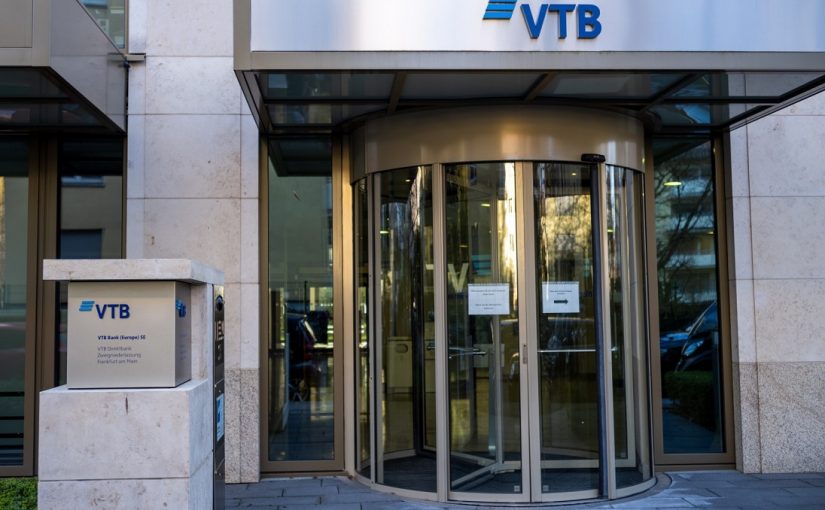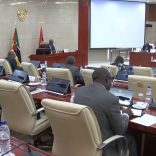Mozambique: GIFiM identified movement of $7M in suspected terrorism financing from 2017 to 2024
Mozambique: Russian bank in hidden debts case gets new lawyers in London court

File photo: Lusa
Russian bank VTB was on Wednesday re-represented in the Mozambican hidden debts case at the Commercial Court in London, after being absent for six months due to the impact of UK sanctions on Russian companies following the invasion of Ukraine.
Law firm Rosenblatt has replaced Freshfields, which since March has stopped intervening in the procedural management hearings that have been taking place on an ad hoc basis and has stopped working with VTB.
At a hearing today, lawyer Timothy Howe, on behalf of Rosenblatt, said that, once the procedural steps that have so far prevented involvement in the case have been resolved, VTB expects to participate in the trial scheduled to begin in October 2023.
VTB, Russia’s second largest bank, was targeted for financial sanctions by the UK and United States as early as February 24, on the first day of Russia’s invasion of Ukraine, along with other companies and individuals associated with President Vladimir Putin’s regime.
According to a document filed today, VTB obtained a “basic needs” licence from the Office of Financial Sanctions Implementation (OFSI) in March to be able to pay fees and expenses associated with providing legal services.
However, it encountered “practical difficulties in making such payments” and chose to appoint tax administrator Teneo to unblock the matter, which was approved by the UK authorities.
The Russian bank said it had “authorisation from the OFSI, the Bank of England and the UK financial regulators to access its funds to make certain payments to third parties to enable it to directly pay its legal and professional fees for the purposes of the ongoing conduct of these proceedings”.
An authorisation from the US Treasury Department is “pending”, but VTB “has no reason to believe that this licence will not be granted”, it indicated in the document submitted to the court.
The Republic of Mozambique in 2019 began legal action in the Commercial Court in London, part of the High Court, to cancel debts incurred of US$622 million to the bank Credit Suisse, alleging that they were the result of bribes to senior public officials.
For its part, VTB filed its own lawsuit against Mozambique for breach of contract, demanding payment of US$670 million plus interest.
At issue are loans taken out between 2013 and 2014 in excess of $2 billion to finance tuna fishing and maritime protection projects of the public companies Ematum, ProIndicus and MAM, provided by the shipping group Privinvest.
The loans were endorsed by the government of the Mozambique Liberation Front (Frelimo), led by Armando Guebuza, without the knowledge of parliament or the Mozambican Administrative Court.
As a result, the country saw international aid suspended. Relations with the International Monetary Fund, for example, were resumed this year in terms of financial aid programmes, and other donors, such as Portugal, continue without providing direct budget support, as they did until then, having opted to finance specific programmes outside the government’s control.
The hidden debts case is also being tried in the Mozambican courts in Maputo, with sentencing scheduled for 30 November.
The case involves 19 defendants, including Ndambi Guebuza, oldest son of Armando Guebuza, who was President of the Republic at the time of the hidden debts, Gregório Leão, former director-general of the State Intelligence and Security Services (SISE), António Carlos do Rosário, former Director of Economic Intelligence at SISE, Cipriano Mutota, former Director of the Studies and Projects Office at SISE, and Renamo Matusse and Emilia Moiane, former adviser and former personal secretary to Armando Guebuza, respectively.













Leave a Reply
Be the First to Comment!
You must be logged in to post a comment.
You must be logged in to post a comment.